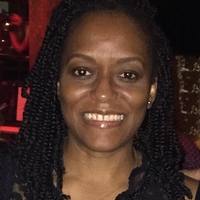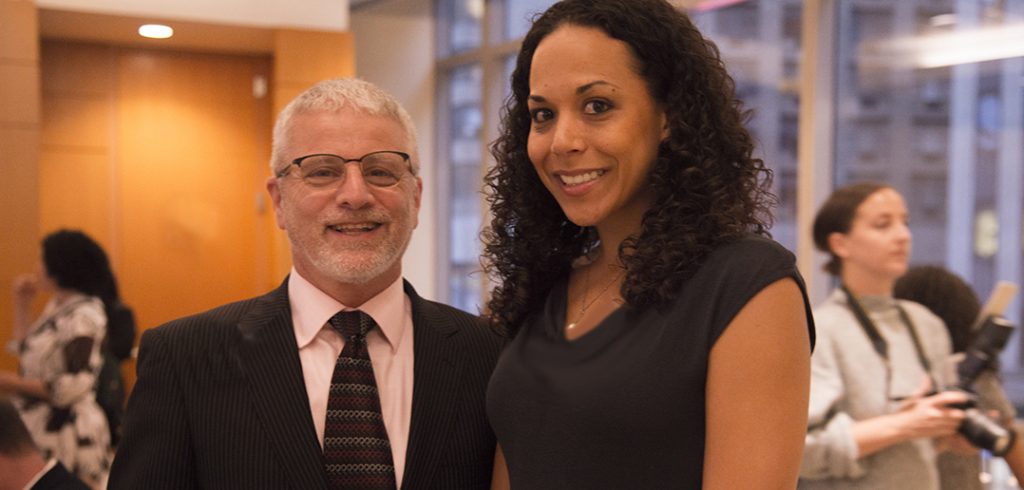A long road back

The Fordham awardees are Meagan LaDue and Kizuwanda Wyatt.
Wyatt, an urban studies major, returned to school after two decades. She said hopes to find a career that will address inequity in the housing industry. Although recent medical issues have proved challenging, she said she’s on track to get her bachelor’s degree.
“I am completely confident that I’ll have the depth of knowledge and passion to be an agent of change in my community and…beyond,” she said.
A child from a dysfunctional household, LaDue found an early escape in basketball. She received a full athletic college scholarship to play.
However, when an ACL injury halted her college career, she lapsed into a depression and developed an eating disorder.
Today, she is working toward a degree in organizational leadership and psychology. She maintains a 3.89 GPA, and she also coaches a girls’ basketball team.
“I wouldn’t change what I have been through, as it has shaped the person I am and the purpose I find in my life today,” she said.
Grants that are all too rare
Anthony Davidson, Ph.D., dean of PCS, said that grants and prizes like the Women’s Forum awards are rare for continuing education students.
“PCS has a cross-section of students that represent the kind of diversity that we would like to see across the University, but along with that comes some serious financial challenges,” said Davidson.
He said that very often PCS students are the first in their family to go to school. Typically, they work full time and often balance school with taking care of young children and/or elderly parents.
“It’s quite amazing the adversity that many have to overcome and it’s not always a big story,” he said. “Sometimes it’s simply that life gets in the way: kids, health, studying, money—all those things.”
Rita Crotty, executive director of the forum, said that award winners are free to spend the money on whatever they want—from child care to tuition to the rent.
“We want to help keep them in college,” said Crotty. “Women over 35 are an underrepresented segment for student aid. People just don’t think about helping the older woman.”
LaDue said women over 35 make focused students. “Many people want to give to young people because they think of them as having more potential,” she said. “But my experience is that adult learners have enough life experience to know exactly what they want to do.”

